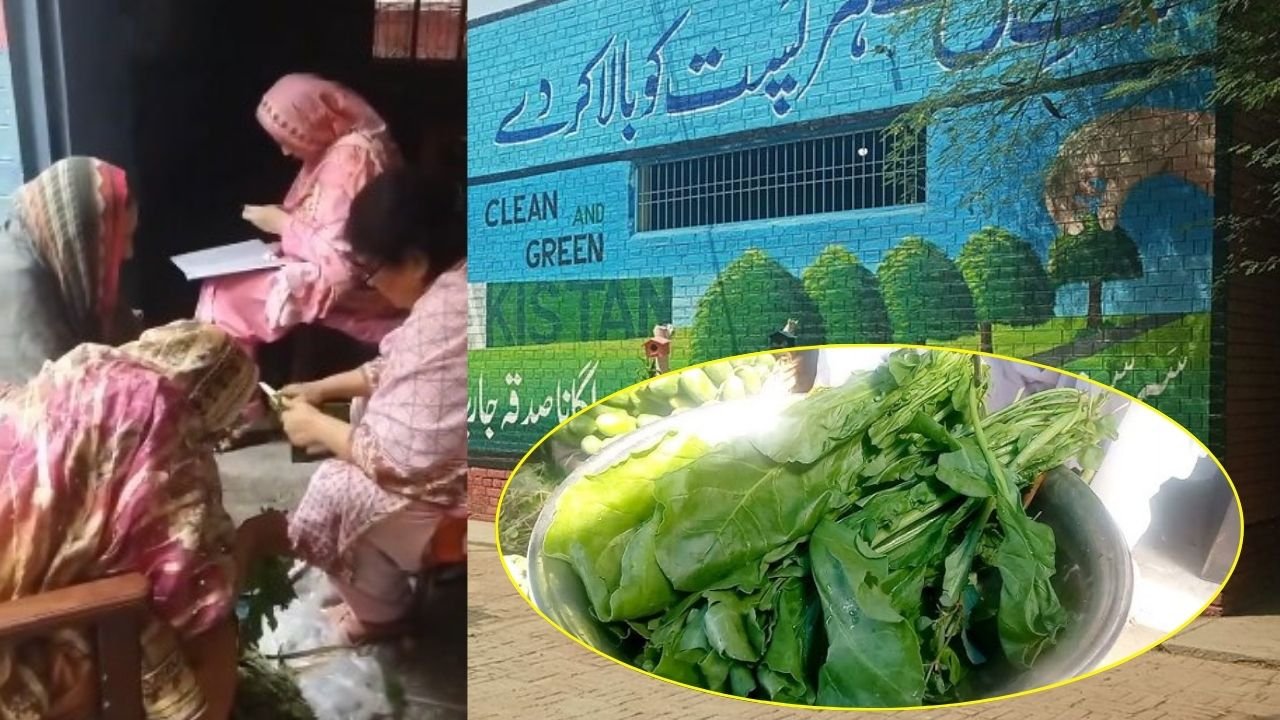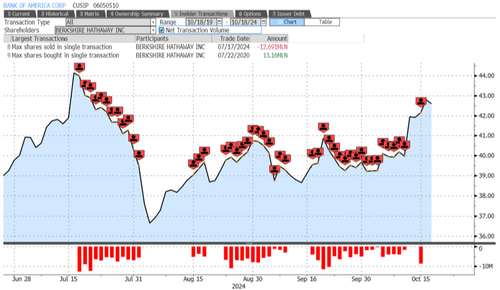
World Heart Day 2024: India remains one of the leading contributors to cardiovascular disease-related deaths and disabilities in the world, according to a Lancet survey. Early onset of heart-related disease among Indians may lead to higher treatment costs, including medications and hospitalisation, which can be covered under comprehensive health insurance . However, claims related to the treatment of heart disease are often rejected due to certain factors.
On World Heart Day 2024, let's understand the key reasons for rejecting health insurance claims related to heart ailments. World Heart Day 2024: Why can your health insurance claim for heart disease treatment be rejected? Several factors, including non-disclosure of pre-existing disease (PED), waiting period, exclusion of specific treatments, etc., can lead to the rejection of health insurance claims, especially those related to heart disease treatments.
Learn about the key reasons from health industry experts. Manish Dodeja, Head of Claims & Underwriting, Care Health Insurance, warned that it is always advisable for people to disclose their health conditions when taking health insurance. Failure to do so may lead to rejection of claims in the future.
Conditions like high cholesterol, hypertension, and high blood sugar levels, if not disclosed at the time of taking health insurance, may become a reason for health insurance claim rejection. “We have seen cases of non-disclosure of pre-existing conditions. For example, if somebody has been suffering from a heart condition or had a medical history related to the heart or any other condition that has not been disclosed to the insurance company.
In that scenario, the insurance company may reject the claim, citing non-disclosure,” said Siddharth Singhal, Business Head of Health Insurance at Policybazaar.com. “Health Insurance policies have a waiting period for specific diseases, including those cardiovascular conditions.
Claims made before the completion of this waiting period are rejected,” said Dodeja. Singhal explained the claim rejection cases due to waiting periods with an example: “If a person declares that he has a heart condition, then the insurance company would initially put a waiting period of three years. If the person claims for a heart disease treatment within three years, the insurance company obviously does not consider the claim favourable.
” He also advised people with a medical history to carefully consider the waiting period before taking insurance and consider the option of reducing the waiting period by remarkable riders available with several health insurance providers. A few medications and treatments fall out of the ambit of health insurance coverage. “Some health insurances may not cover certain specified procedures, medication.
A thorough understanding of such exclusion is critical before purchasing a policy,” said Dodeja. Most heart disease treatments are covered by standard health insurance, but some expensive and rare treatments can be excluded from certain schemes. How can the chances of such rejections be reduced while making a policy? Experts have underlined a few points to avoid claim rejection related to heart disease treatment: Complete disclosure of health conditions, knowledge of policy coverage, proper understanding of the waiting period, opting for specialised health insurance, preferring network hospitals for treatment, etc.
What should you do if the insurance claim is rejected? “If your Health Insurance claim is rejected, the first step is to carefully review the rejection letter to understand the reason behind the denial, which could be due to missing documentation or policy-related issues. Once you have the clarity, you can appeal to your insurer, providing the additional documentation or correcting errors in your submission, in case that is the reason for rejection,” said Manish Dodeja. “If policyholders are unhappy even after contacting insurers,they can approach theInsurance Ombudsman.
If insurers are still unsatisfied with the claim,they can also take the matter to court,” noted Singhal. Disclaimer: The views and recommendations made above are those of individual analysts, and not of Mint. We advise investors to check with certified experts before taking any investment decisions.














